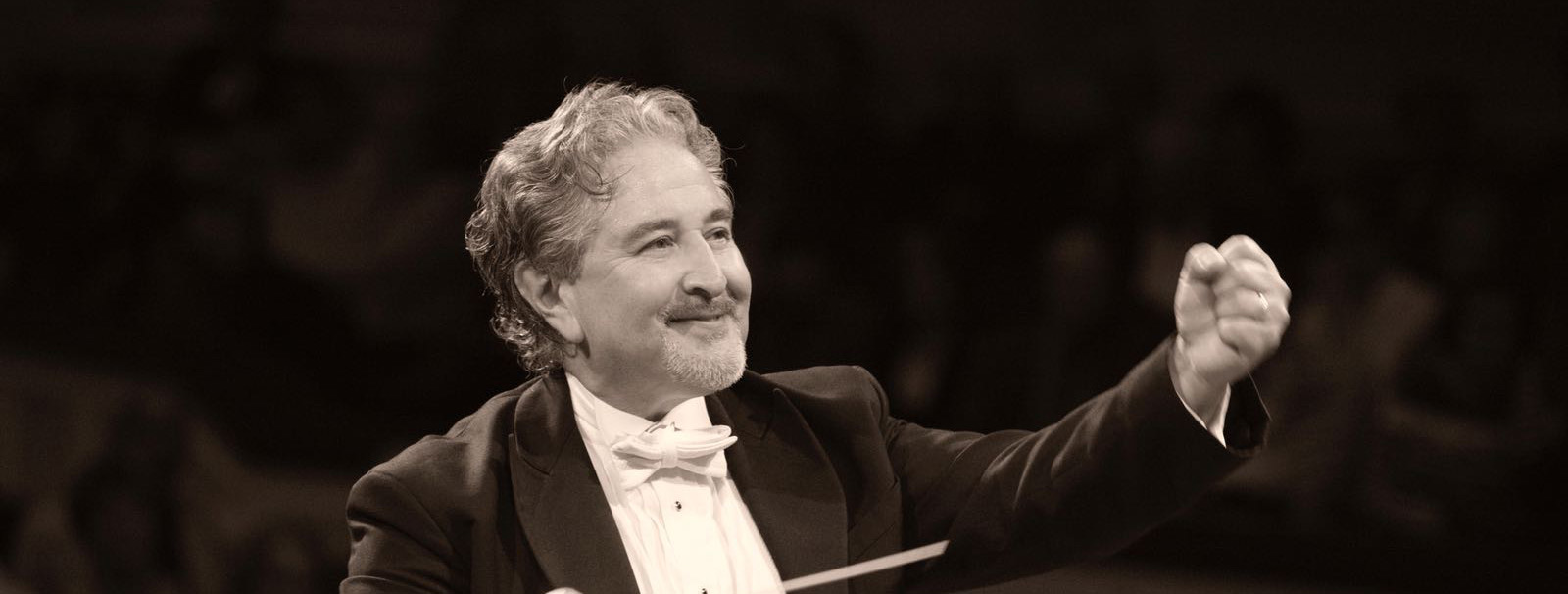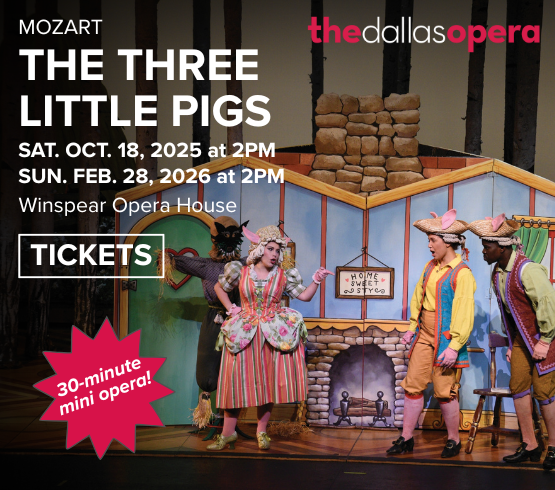There are certain moments in life that we look back upon and realize how pivotal they were. For Héctor Guzmán, it happened one evening in his early 20s after giving a performance of an organ concerto. The concert was led by Maestro Anshel Brusilow, an internationally renowned violinist and conductor. “After the concert, people are congratulating you and telling you you’re a great organist and played so well,” Guzmán reminisces. But it was a statement by Brusilow that will forever be embedded in his memory. “I remember his words—he said to the people there, ‘yes, he’s a very fine organist, but he belongs on the podium.’ And those words I remember as if it was yesterday.”
More than four decades later, Héctor Guzmán is one of the most distinguished and decorated orchestra conductors in the industry and a fixture in North Texas as the longtime conductor of the Plano Symphony Orchestra and Irving Symphony Orchestra.
It seems that music is in Guzmán’s DNA. Born in the mining town of Fresnillo in North Central Mexico, he was raised in a musical household. His grandfather and father were both musicians, as were all three of his siblings. When his father spotted musical talent in his five-year-old son, he moved the family to Mexico City, where he began piano lessons. Héctor Guzmán transitioned to the organ once he was tall enough for his feet to reach the pedals.
When Brusilow accepted a teaching post at SMU, Guzmán enrolled to pursue his master’s degree in instrumental conducting in the early 1980s. The Dallas area was experiencing a real estate and technology boom and, subsequently, a population explosion in the suburbs. As the area grew, so did the demand for more performing arts. “Brusilow said, ‘Hector, there is an orchestra that is being formed and I think you should apply,’” Guzmán recounts. “I asked when the deadline was,” he says with a chuckle. “Today,” Brusilow told him. Out of about 35 total applicants and 15 audition finalists, Guzmán was selected as the first conductor of the Plano Chamber Orchestra, which would later become the Plano Symphony Orchestra. He remains in that post today, more than 40 years later.
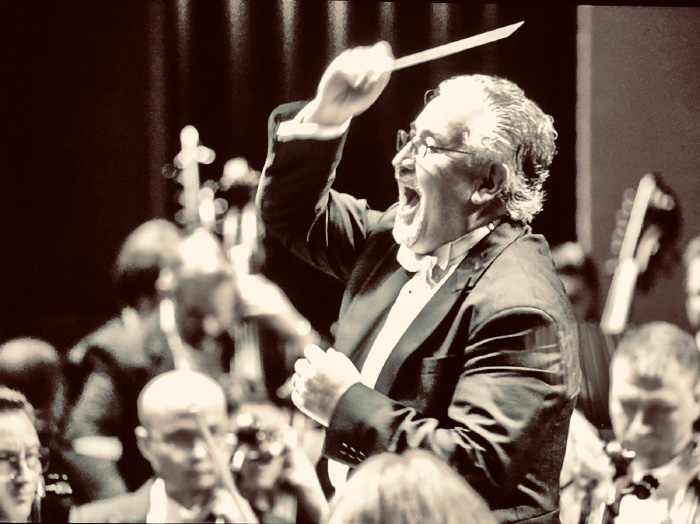
1 ⁄4
Héctor Guzmán conducting the Plano Symphony Orchestra (Mahler 2). Photo by Mike Itashiki.
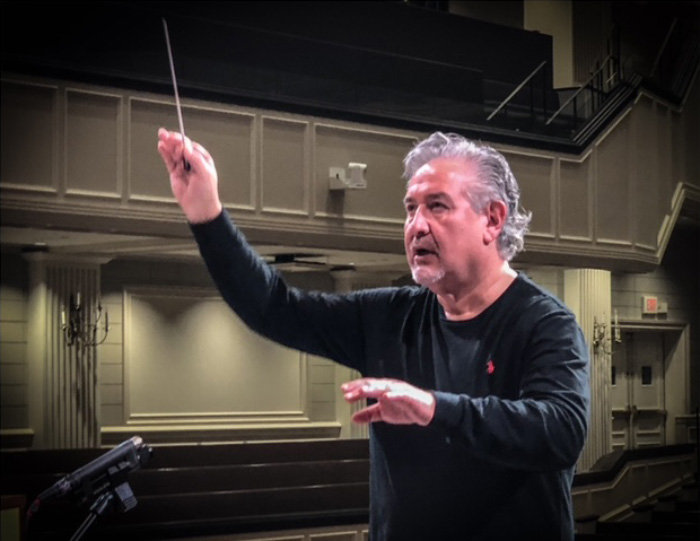
2⁄4
Héctor Guzmán conducting the Plano Symphony Orchestra (rehearsal). Photo by Luis Rodriguez.
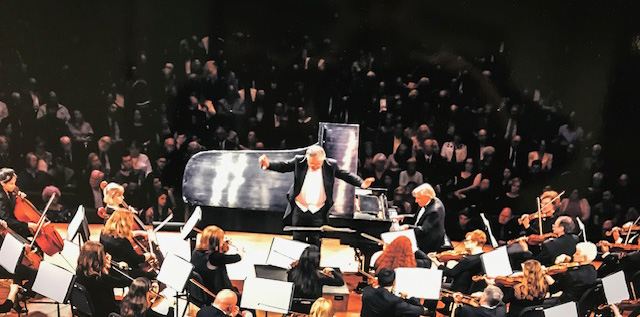
3 ⁄4
Héctor Guzmán conducting the Corpus Christi Symphony (Grieg piano concerto with Joaquin Achucarro, soloist). Photo courtesy of the artist.
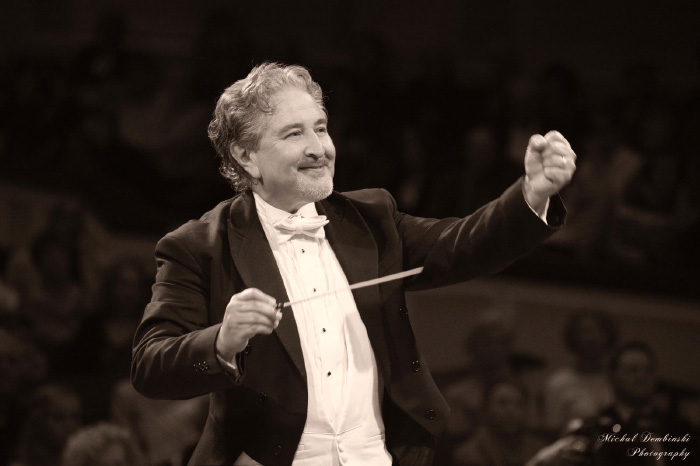
4 ⁄4
Héctor Guzmán conducting the Plano Symphony Orchestra (Mahler 1). Photo by Mike Itashiki.
Ten years into his conducting post with Plano Symphony, Guzmán received a phone call from someone informing him that the Irving Symphony was looking for a new music director. “So I thought, ‘well, if I have one, maybe I can have two,’” he says with a laugh. He auditioned and got the post. It’s a similar story with the San Angelo Symphony and Corpus Christi Symphony, where he currently still serves as Music Director and applies his same artistic and programming vision. An ordinary person would possibly cave under the demands of leading four orchestras, but Guzmán credits his colleagues for helping logistics run smoothly. “I’m very fortunate that I have beautifully balanced artistic committees in those four orchestras,” he says.
Héctor Guzmán has watched the artistic landscape of North Texas transform during the 40-plus years he’s lived and worked here. He sees the building of the Meyerson Symphony Center and the Winspear Opera House as two major milestones in the area’s cultural offerings. The DFW metroplex is a constellation of smaller cities, each with its own distinct identity and community; the mid-sized and smaller symphonies and ensembles outside of the urban core are critical to the vitality of the overall arts ecosystem. Three major universities with robust music departments also contribute to making North Texas a nucleus of highly trained and talented professional classical musicians across Dallas, Fort Worth, Denton, and beyond. The Plano and Irving Symphonies are two pillars among the suburban orchestras; it’s a position Guzmán doesn’t take for granted. “You can tell I love music,” he says. “I’m still as passionate, maybe more than when I was a young kid, and I will continue as long as I’m able to…. I don’t think there’s anything more beautiful than music and so, I just keep it going.”
—AMY BISHOP

